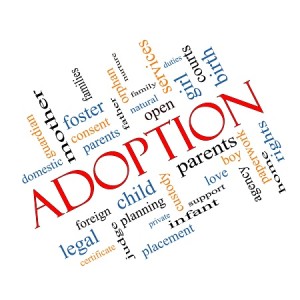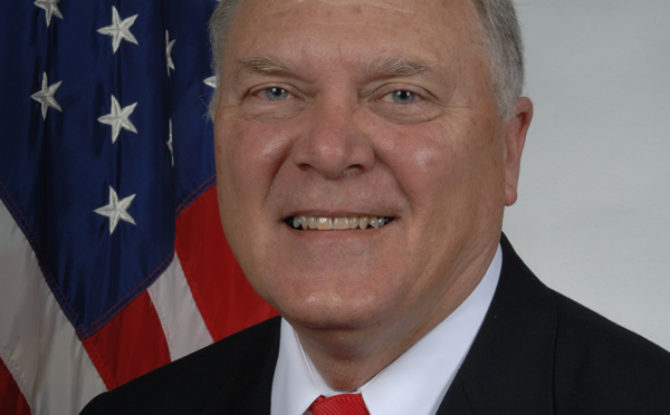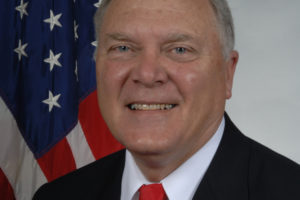Twice-vetoed New Jersey Surrogacy legislation that would sanction the type of surrogacy-for-hire contracts famously deemed unenforceable three decades ago in the state Supreme Court’s In re Baby M case has now passed the Legislature.
Twice-vetoed legislation that would sanction the type of surrogacy-for-hire contracts famously deemed unenforceable three decades ago in the state Supreme Court’s In re Baby M case has passed the Legislature a third time.
Lawmakers were hardly unanimous on the issue. On Thursday, S-482 passed the Assembly by a vote of 51-16, with six abstentions. Earlier, on March 26, it passed the Senate 25-10. The votes were along party lines, with majority Democrats voting in favor, and Republicans voting against or abstaining.
S-482 could be met with a friendlier reception from new Gov. Phil Murphy, a Democrat, than its predecessors, which were blocked twice by former Gov. Chris Christie, a Republican.
The legality of such contracts has been a historically contentious issue in New Jersey.
Surrogacy arrangements made national headlines in 1988 when the state Supreme Court issued its watershed ruling in In re Baby M, which voided surrogacy-for-hire contracts. In that case, the mother initially agreed to carry the fetus to term and surrender the baby to the biological father and his wife, but had a change of heart—to which the court held she was entitled, given the public policy in favor of biological parents maintaining parental rights to their children.
But, as proponents of gestational carrier legislation in recent years have pointed out, science has advanced since Baby M, and a woman can carry a fetus with no biological connection.
In 2012, the court, in a 3-3 split in In the Matter of the Parentage of a Child by T.J.S. and A.L.S., let stand a lower court ruling that parental rights do not vest in the wife of a man who fathered a child through an anonymous egg donor, which was carried by an unrelated surrogate.
Baby M, meanwhile, has remained good law.
Christie vetoed the legislation in 2012 and 2015. Last year the measure once again passed the Senate, though the Assembly didn’t take action before the close of the legislative session. In his 2012 veto, Christie said not enough research had been done to study the possible ramifications. “While some will applaud the freedom to explore these new, and sometimes necessary, arranged births, others will note the profound change in the traditional beginnings of a family that this bill would enact,” Christie said in a veto statement at the time. In his 2015 veto message, he said the sponsors had done nothing to allay his concerns since the prior attempt.
by David Gialanella, NJ Law Journal
Click here to read the entire article.



















